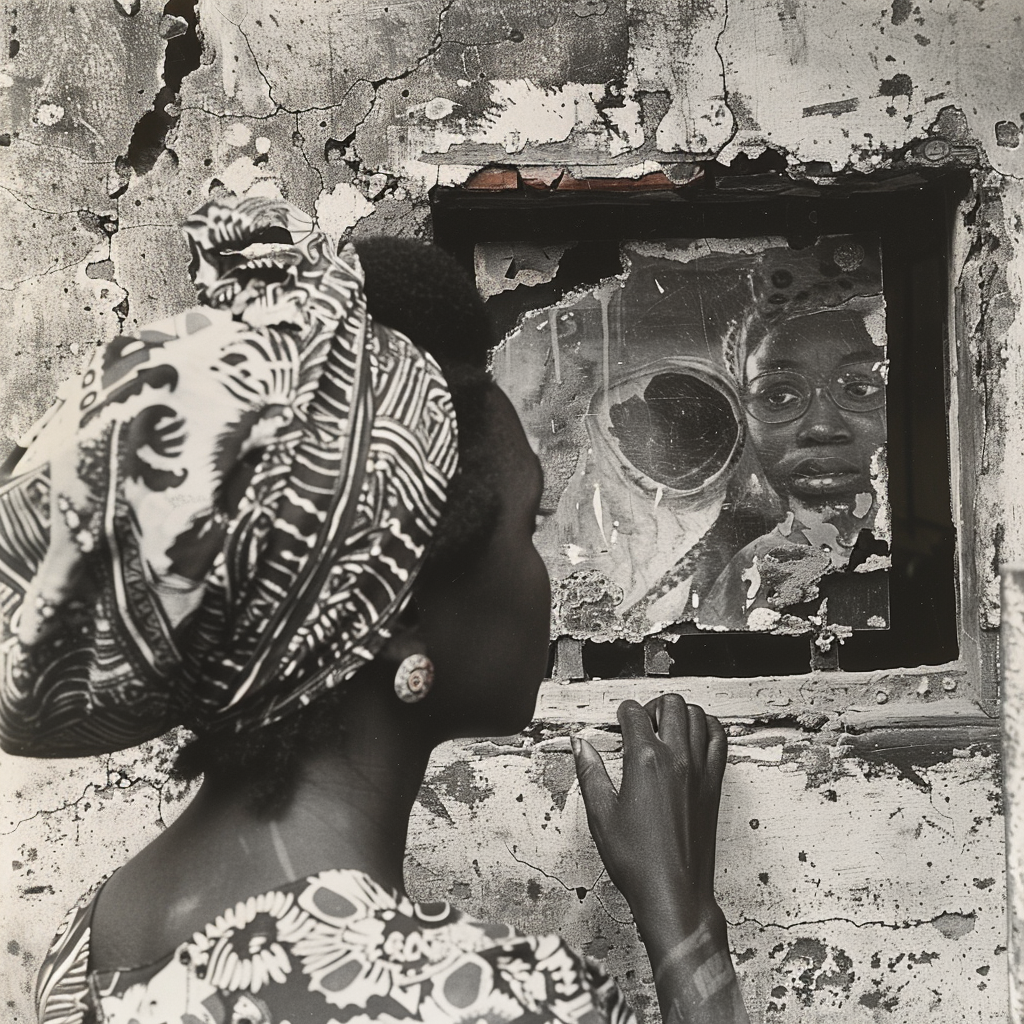In the ever-evolving landscape of African historiography, a growing trend has emerged: the embrace of global and transnational approaches. This approach transcends traditional geographical and disciplinary boundaries, exploring how interconnected networks, diasporic communities, and global flows of people, ideas, and goods have shaped African history. Let’s embark on a journey to explore the intricate web of global perspectives in African historiography.
Interconnected Networks and Exchange
Global perspectives in African historiography highlight the interconnectedness of African societies with the wider world. Historians examine the webs of trade, migration, and cultural exchange that have linked Africa to other regions since ancient times. From the trans-Saharan trade routes to the Indian Ocean trading networks, Africa has been a crossroads of civilizations, where goods, ideas, and peoples have converged and interacted, shaping the trajectories of African history.
Diasporic Communities and Transnational Connections
Diasporic communities play a central role in global perspectives on African historiography. Historians explore the experiences of African diasporas in the Americas, Europe, and beyond, tracing the legacies of slavery, colonialism, and globalization. From the transatlantic slave trade to the migrations of the twentieth century, African diasporas have forged transnational connections that bridge continents and cultures, reshaping identities and influencing historical trajectories on both sides of the Atlantic.
Global Flows of Ideas and Cultures
Global perspectives in African historiography also examine the circulation of ideas, cultures, and ideologies that have shaped African societies. Historians explore the impact of colonialism, imperialism, and globalization on African cultures, politics, and economies. They analyze how movements such as Pan-Africanism, Marxism, and neoliberalism have influenced African societies and shaped historical processes on a global scale. By tracing these global flows of ideas and cultures, historians reveal the interconnectedness of African history with broader global trends and movements.
Challenges and Opportunities
While global perspectives offer valuable insights into African history, they also present challenges for historians. Navigating the complexities of global networks and transnational connections requires interdisciplinary approaches and methodological innovation. Historians must grapple with the tension between local specificities and global processes, balancing the need to contextualize African history within its regional and cultural contexts while also recognizing its embeddedness within wider global dynamics.
A Multifaceted Tapestry
In conclusion, global perspectives in African historiography offer a multifaceted tapestry that illuminates the interconnected histories of Africa and the world. By tracing global networks, diasporic connections, and transnational flows, historians uncover the complexities of African history and reveal its entanglement with broader global processes. In doing so, they enrich our understanding of Africa’s past and shed light on the dynamic interactions that have shaped the continent’s historical trajectory.
Related Articles
- Global Perspectives in African Historiography: Tracing Interconnected Histories
- Conflict and Peace in African Historiography: Unraveling the Threads of History
- Digital Histories of Africa: Navigating the Technological Terrain
- Postcolonial African Historiography: Reclaiming Narratives, Rewriting Histories
- Gender Perspectives in African Historiography: Unveiling Hidden Narratives
- Oral History and Memory in African Historiography: Preserving Voices of the Past
- Decolonizing African Historiography: Embracing Indigenous Narratives and Perspectives
- Colonial Perspectives in African Historiography: Unveiling the Shadows of the Past
- The Evolution of African Historiography: Unraveling the Threads of Time



